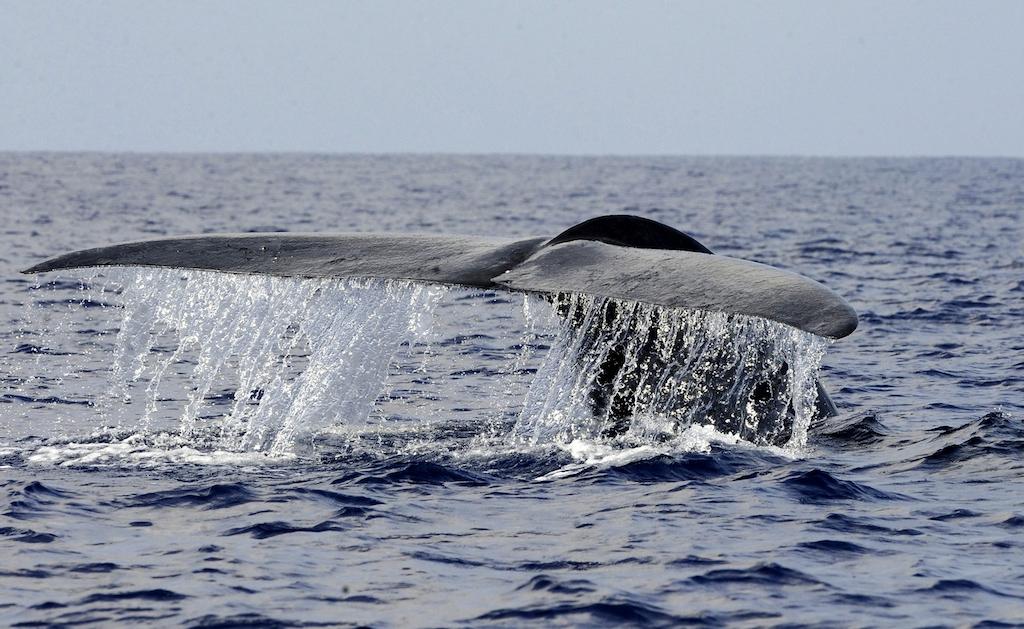Japan: anti-whaling activists released without charge
Native Alaskans will retain the right to hunt up to 336 bowhead whales between 2013 and 2018.
Three Australian environmental activists who clambered aboard a whaling ship over the weekend are today waiting to return home after Japanese authorities decided to release them without charge.
The three Australians have been held on the Shonan Maru 2 after climbing aboard the security vessel to protest Japan's annual whale hunts in the Antarctic.
The action had threatened to create a rift between Japan and Australia amid early speculation that the trio could be taken to Tokyo to face trial.
More from GlobalPost: Whale meat comes between Australia and Japan
But late last night Japan indicated it was ready to release the men, all members of an organization that supports the Sea Shepherd marine conservation group, after talks with Australian officials.
The activists were spared because they are not members of Sea Shepherd — which Japan considers a terrorist organization — and had not injured crew members as they boarded in the early hours of Sunday.
More from GlobalPost: Japan's whale meat obsession
"The three activists were not violent during or after they boarded the whaling vessel," Japan's chief government spokesman, Osamu Fujimura, told reporters.
"There was no evidence that they were part of Sea Shepherd, which has been engaged in obstructing the fleet."
But the men — Geoffrey Tuxworth, Simon Peterffy and Glen Pendlebury — must wait several days before the Australian coast guard arrives to pick them up.
According to Pete Bethune, a Sea Shepherd activist who was prosecuted after boarding the Shonan Maru 2 in 2010, they can expect an uncomfortable few days holed up in a cabin.
"The cabin was opposite the galley. They left the door open so there was no privacy, and once a day they escorted me to the shower,'' he said in an interview with The Age.
Still, a few days in the company of a whaling crew is preferable to a stint in a Japanese jail cell.
The Australian prime minister, Julia Gillard, may have had that in mind when she thanked the Japanese authorities for their cooperation and issued a warning to campaigners considering direct action.
"No one should assume that because an agreement has been reached with the Japanese government in this instance that individuals will not be charged and convicted in the future," Gillard said in a statement.
"The best way to stop whaling once and for all is through our court action."
The annual clashes between the whaling fleet and activists trying to prevent the slaughter of just under 1,000 whales for "scientific research" has been a blight on an otherwise healthy bilateral relationship.
Given that the whaling left port last month and is not due to return until late March or early April, there is still plenty of time for more confrontation on the high seas.
